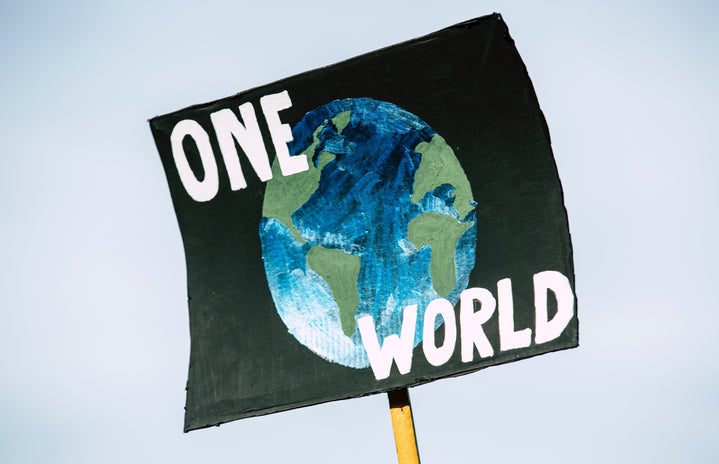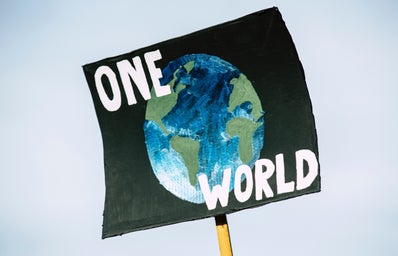On Sept. 14, Yvon Chouinard, mountain-climber, environmentalist and founder of Patagonia, announced that he has given his company away to two groups in order to play his part in combating the climate crisis.
He writes in a letter on his website, “It’s been nearly 50 years since we began our experiment in responsible business, and we are just getting started. If we have any hope of a thriving planet—much less a thriving business—50 years from now, it is going to take all of us doing what we can with the resources we have. This is another way we’ve found to do our part.”
Chouinard says he and Patagonia are “going purpose.” The details of this transfer include giving the company’s voting stock, which represents 2% of the company’s $3 billion value, to the Patagonia Purpose Trust. A purpose trust, as opposed to a private trust, is one where the beneficiary of the trust is a mission, not a person or group of people. In this case, the purpose is to address and fight the environmental crisis. The Chouinard family and their advisors will still oversee the trust to ensure it is seeing through its commitments but they will not be the owners of the company nor will they be receiving any profits.
The other 98%, or the non-voting stock and the annual profits of about $100 million, will go to a newly established non-profit called Holdfast Collective. The Holdfast Collective is becoming a major player in climate philanthropy and will use all the net funds Patagonia raises to combat climate change.
Chouinard never wanted to be a billionaire or businessman. His rise to riches and being featured on Forbes’ rich list really frustrated him. In his statement on Patagonia’s website, he noted that this venture began as a place to make climbing gear for his friends.
In an interview with the New York Times, Chouinard said, “I didn’t know what to do with the company because I didn’t ever want a company. I didn’t want to be a businessman. Now I could die tomorrow and the company is going to continue doing the right thing for the next 50 years, and I don’t have to be around.”
There are some who are critical of Chouinard’s decision and motivations for giving away his company. Including those who cite that by doing so he avoids certain tax hits.
Pendleton and Steverman for Bloomberg write, “the moves mean Chouinard won’t have to pay the federal capital gains taxes he would have owed had he sold the company.” They continued to explain, “On a $3 billion sale, that bill could be more than $700 million. It also helps Chouinard avoid the US estate and gift tax, which is a 40% levy on large fortunes when they’re transferred to heirs.”
However, this fails to recognize why Chouinard will not have to pay taxes. He didn’t want to sell Patagonia to a private company not to avoid costs but instead to ensure the values of the company would remain intact. This fact is explicit in his letter where he states, “One option was to sell Patagonia and donate all the money. But we couldn’t be sure a new owner would maintain our values or keep our team of people around the world employed.”
In actuality, by giving his money to a trust, the family will actually pay about $17.5 million in taxes on the gift.
By relinquishing his fortune, Chouinard hopes “this will influence a new form of capitalism that doesn’t end up with a few rich people and a bunch of poor people.” He is redefining what it means to be a responsible citizen and business owner as the consequences of climate change become more severe.


